Green Hydrogen Horizons: Pioneering a Renewable Energy & Clean Tech Across the Mediterranean
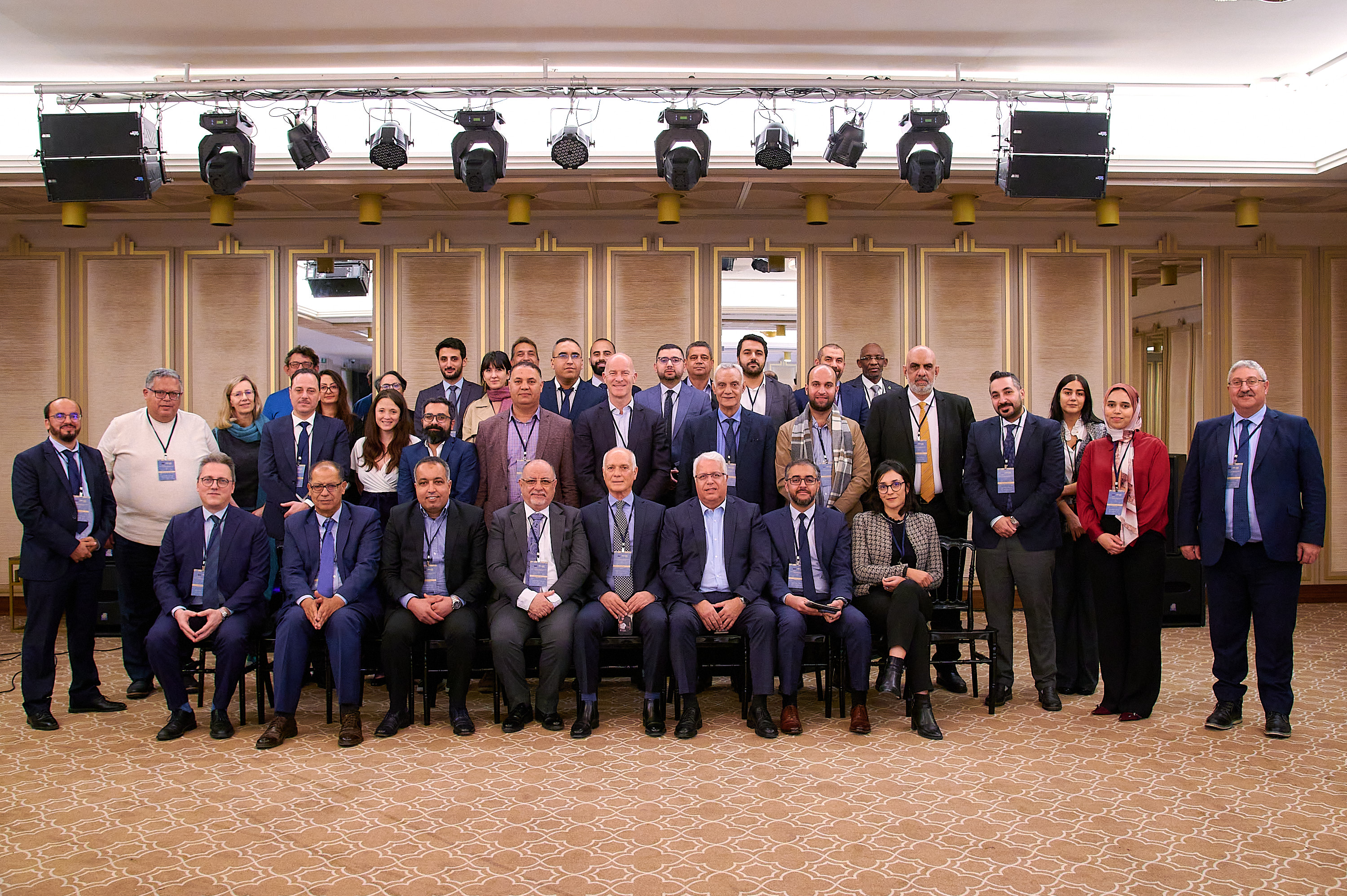
At the heart of the ambitious energy transition in the Mediterranean region, the Third Industry Advisory Board Meeting (IAB) and the Fourth Steering Committee (SteerCo) meeting of the MED-GEM Network, held in Istanbul, brought together governments, industry experts, and stakeholders to accelerate the development of green hydrogen. Over two days of strategic exchanges, participants reviewed progress, identified challenges, and set priorities for 2025. The discussions highlighted the EU’s renewed commitment to the region through the forthcoming Mediterranean Pact, which places green hydrogen at the center of its energy and climate strategies. Key EU initiatives, such as the Carbon Border Adjustment Mechanism (CBAM) and hydrogen certification pilots, were recognised as vital tools for positioning the Mediterranean as a global leader in renewable energy. The MED-GEM Network emerged as a critical platform for fostering regional collaboration and aligning strategies to drive tangible progress in the green hydrogen economy.
Giulio Gentile: A Renewed European Focus on the Mediterranean
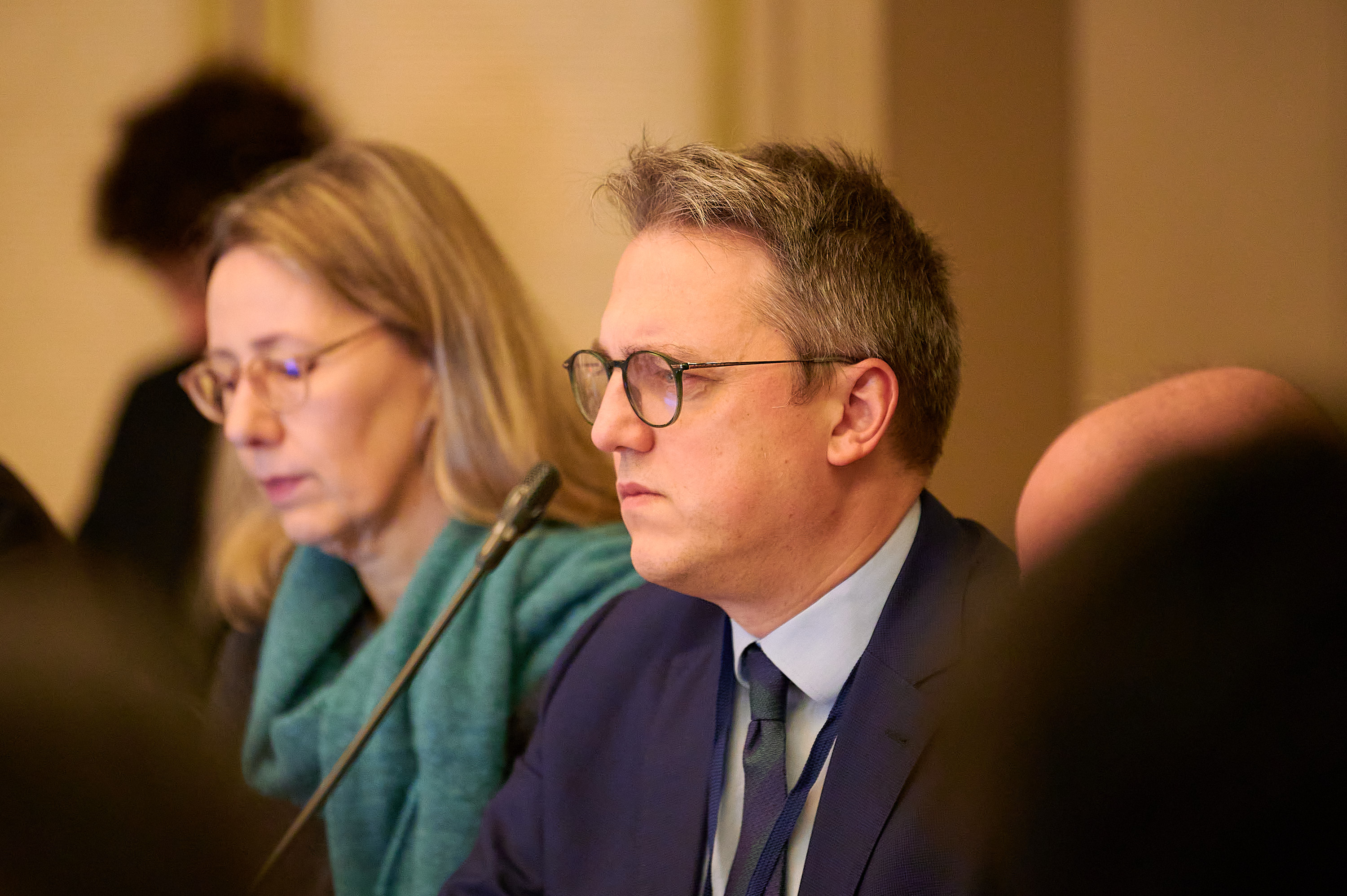
Giulio Gentile, Team Leader - Connectivity, Energy, Environment and Climate Action · European Commission, emphasized the European Union’s (EU) renewed commitment to Mediterranean partnerships. Highlighting the forthcoming Pact for the Mediterranean, he stated, “This pact will outline how the EU can support regional aspirations in renewable energy, clean tech manufacturing, and connectivity. Green hydrogen is central to this vision.”
Gentile also pointed to the REPowerEU plan, the establishment of the EU Hydrogen Bank, and initiatives like H2Global as key drivers for collaboration. He underscored the MED-GEM Network’s role as a testing ground for certification pilots and other mechanisms that could shape EU hydrogen strategies.
Frank Wouters: The Imperative of Strategic H2 Reserve
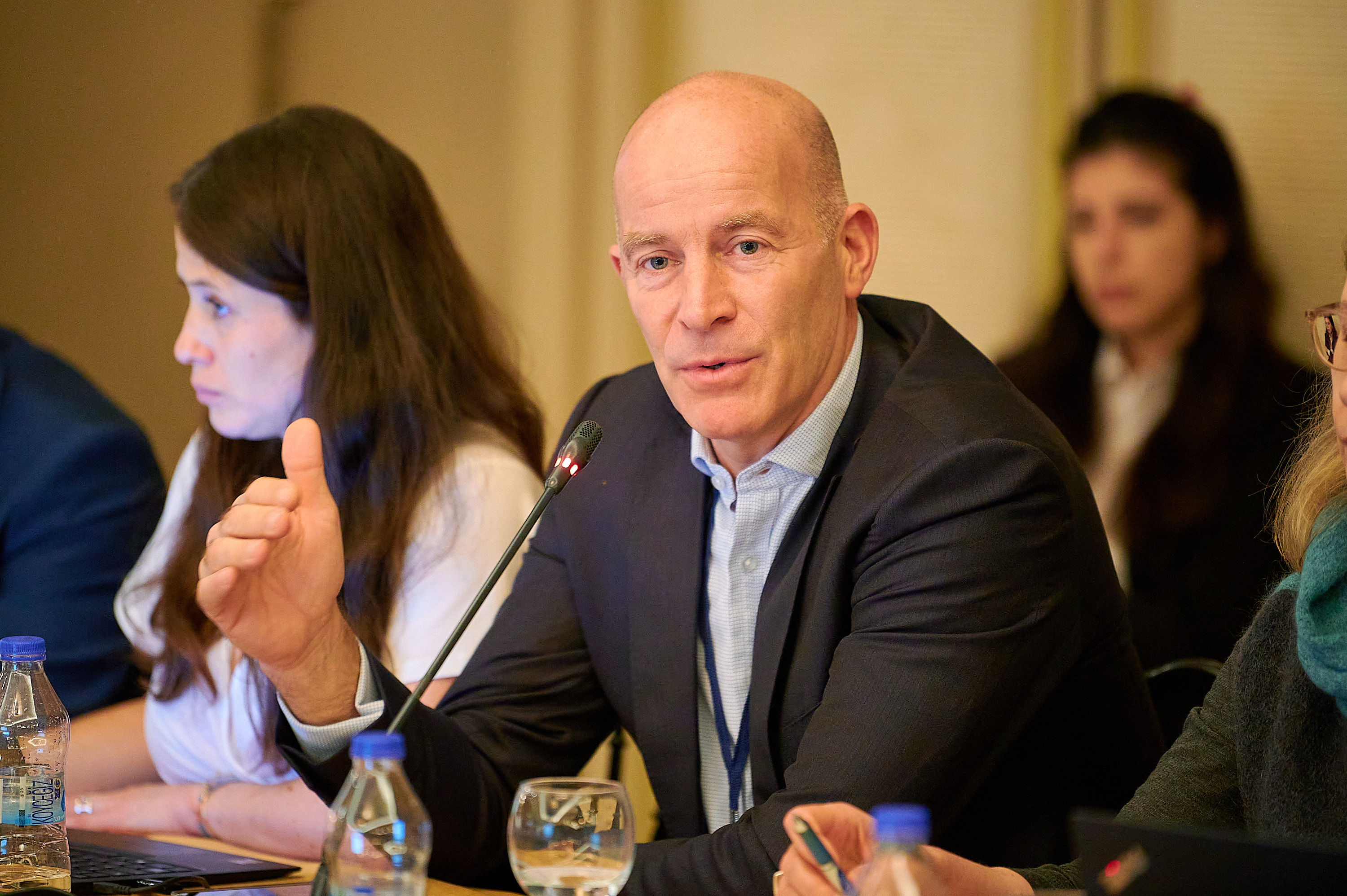
Frank Wouters, MED-GEM Director, framed the discussion within the context of climate urgency. He noted, “Climate change is no longer a distant threat; it’s here. Clean molecules like hydrogen are essential to decarbonizing sectors that cannot rely solely on renewable electricity.”
Wouters highlighted findings from recent energy storage studies, revealing the dominance of molecular storage over batteries and pumped hydro. He proposed creating a Strategic Hydrogen Reserve akin to oil and gas reserves to address off-take challenges and stimulate early demand.
Country Highlights: Regional Progress and Challenges
Egypt: Advancing Large-Scale Hydrogen Projects
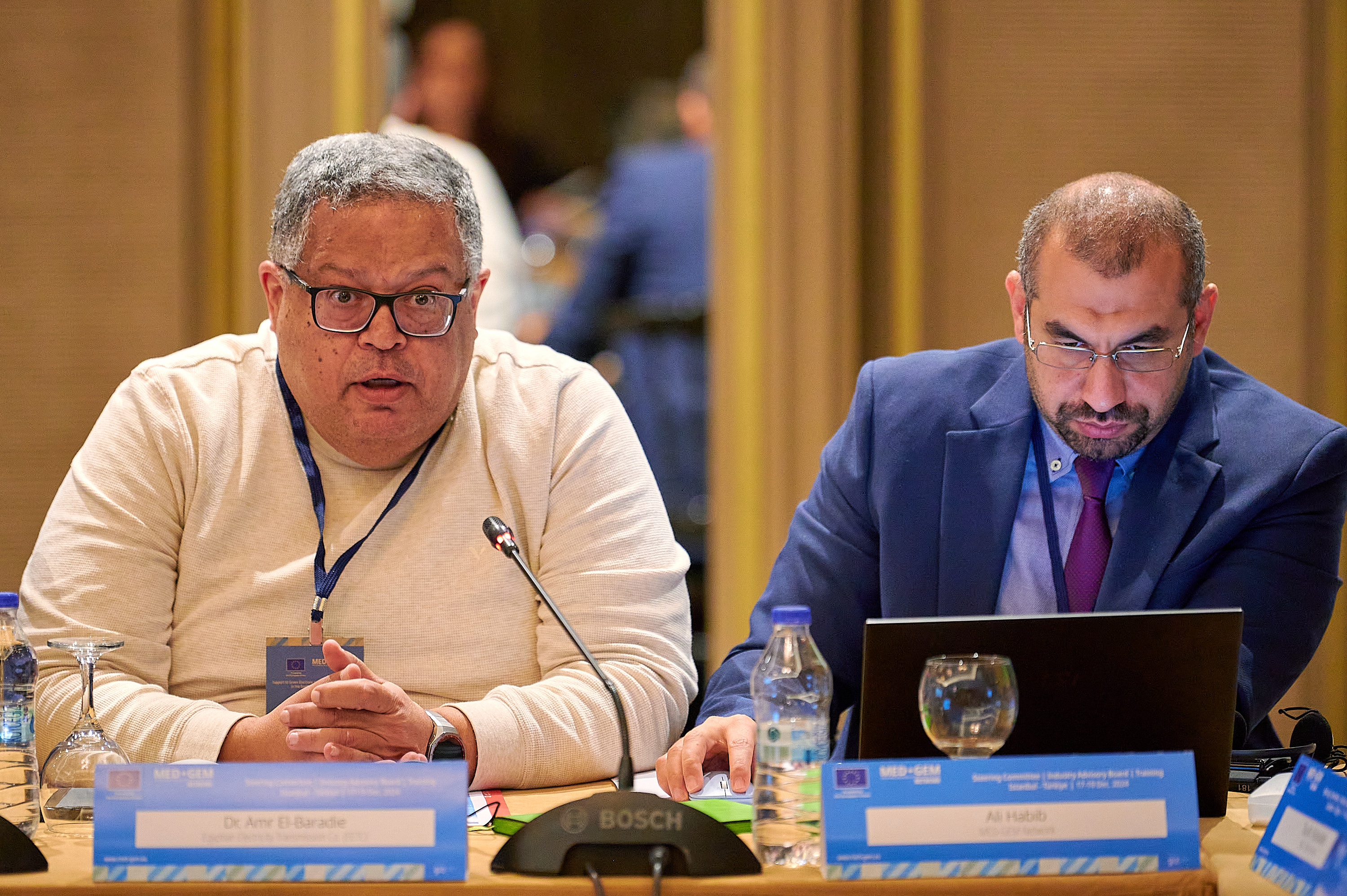
Egypt presented progress on three major hydrogen projects, including a 30 GW initiative supported by H2Global and a petrochemical facility integrating green hydrogen. With off-take agreements already in place for exports to European markets, such as Norway’s Yara, Egypt is also finalising plans for hydrogen-related infrastructure at key ports like Alexandria. The Suez Canal Economic Zone is preparing a comprehensive pre-qualification process for hydrogen projects, further cementing Egypt’s role as a regional hydrogen leader.
Jordan: A Strategic Collaboration and Regulatory Foundations
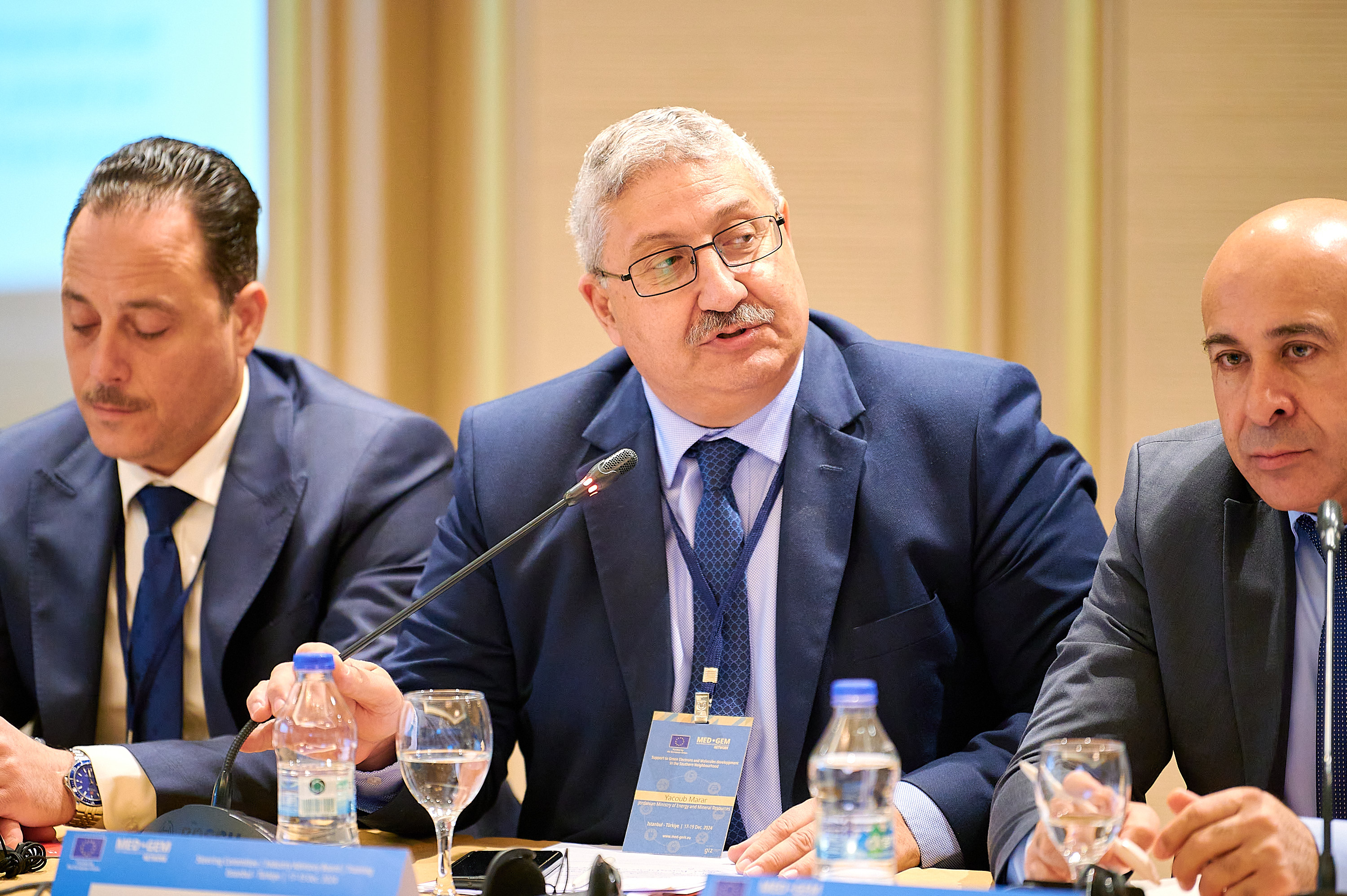
Jordan’s representatives highlighted the country’s progress in renewable energy, with 20% of its electricity now derived from renewables. They emphasized the need for financial resources, detailed roadmaps, and regulatory frameworks to enable hydrogen development. Jordan is advancing efforts to establish shared infrastructure to support investors and streamline operations. The introduction of local feasibility studies and regulatory frameworks aims to create a solid foundation for hydrogen projects, positioning Jordan as a regional leader in green energy collaboration.
Lebanon: Building Foundations for Green Hydrogen Innovation
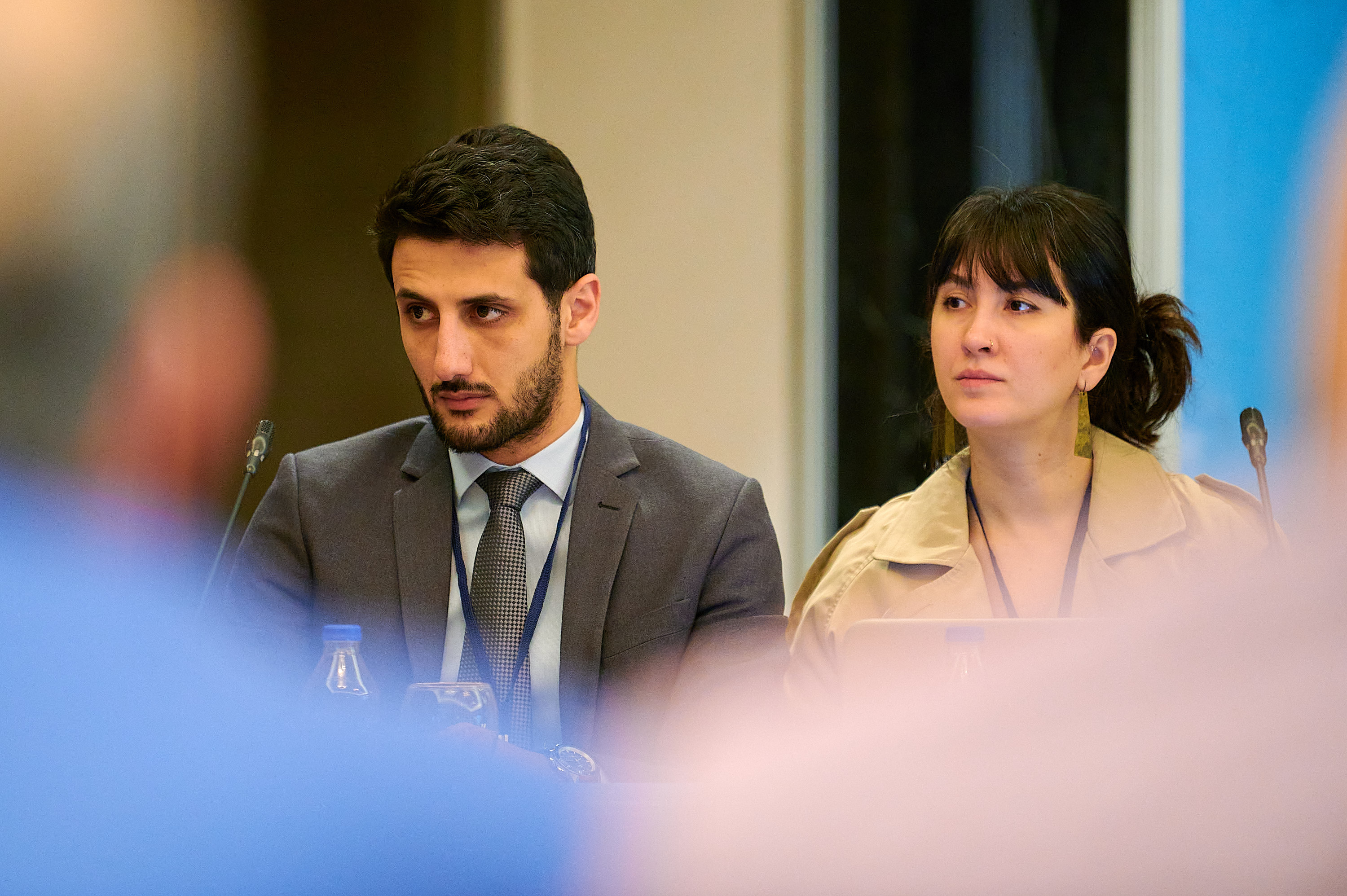
Lebanon showcased its progress in laying the groundwork for green hydrogen development, focusing on integrating renewable energy into its national strategy. The country emphasized capacity building through tailored training programs and partnerships with academic institutions to address the skills gap in the hydrogen sector. Lebanon’s participation in the Green Hydrogen Hackathon underscored its commitment to fostering innovation, with plans to transform pilot ideas into scalable projects. Efforts are also underway to align regulatory frameworks with international standards and explore opportunities for local manufacturing to support the emerging hydrogen economy.
Mauritania: A Model for Green Hydrogen Development
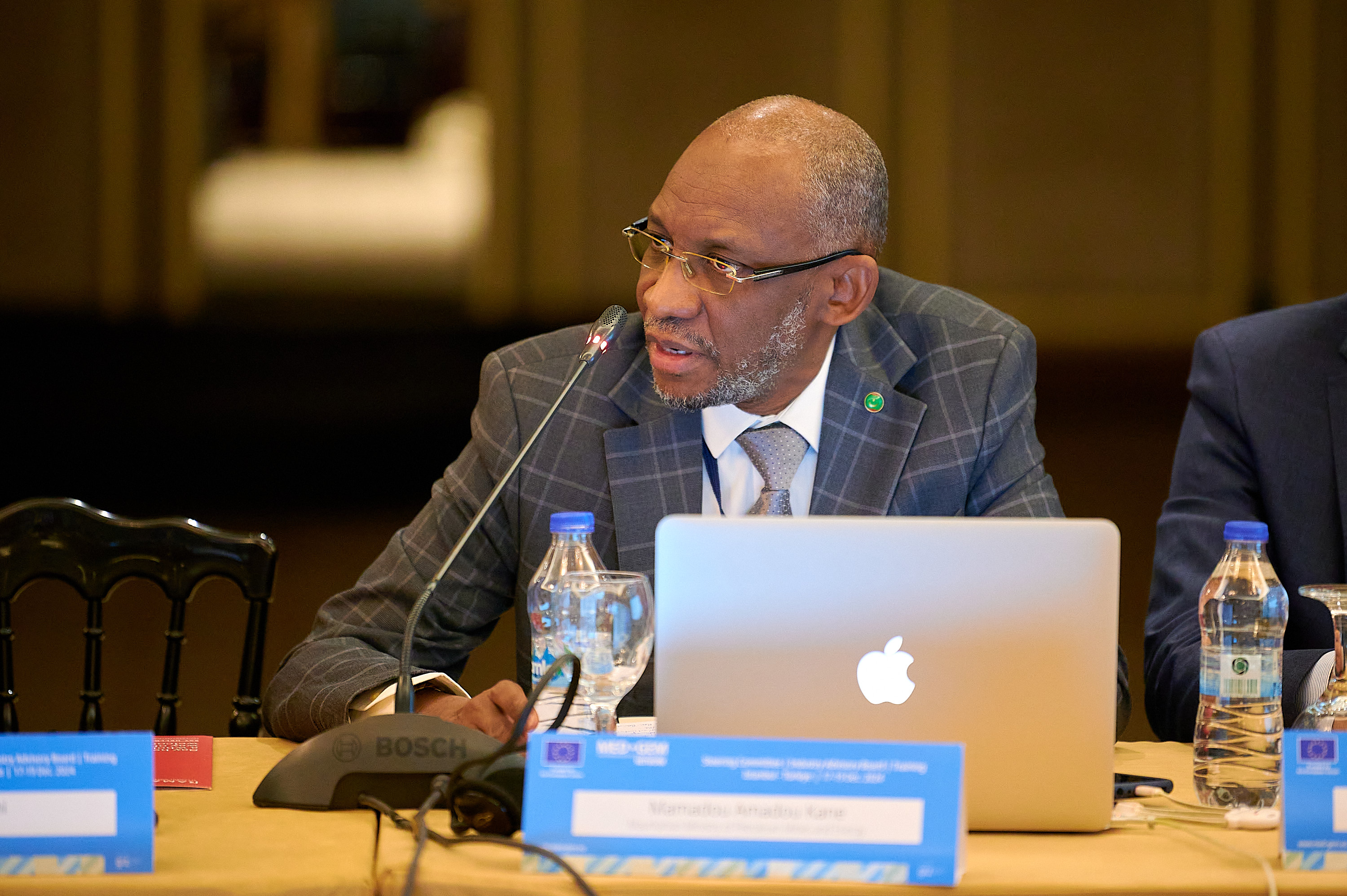
Mauritania is positioning itself as a pioneer in green hydrogen, with the adoption of Africa’s first hydrogen code and a local content law to maximise domestic benefits. The country is developing a Green Hydrogen Agency and advancing 12 MoUs with major global players, including ArcelorMittal and Fortescue, to integrate green hydrogen into its mining and steel industries. Mauritania’s vision includes producing green steel, powering trains with hydrogen, and establishing a regional energy hub. With strong support from international partners such as the European Union, Mauritania is setting a benchmark for sustainable hydrogen development.
Morocco: A Regional Hub for Green Hydrogen
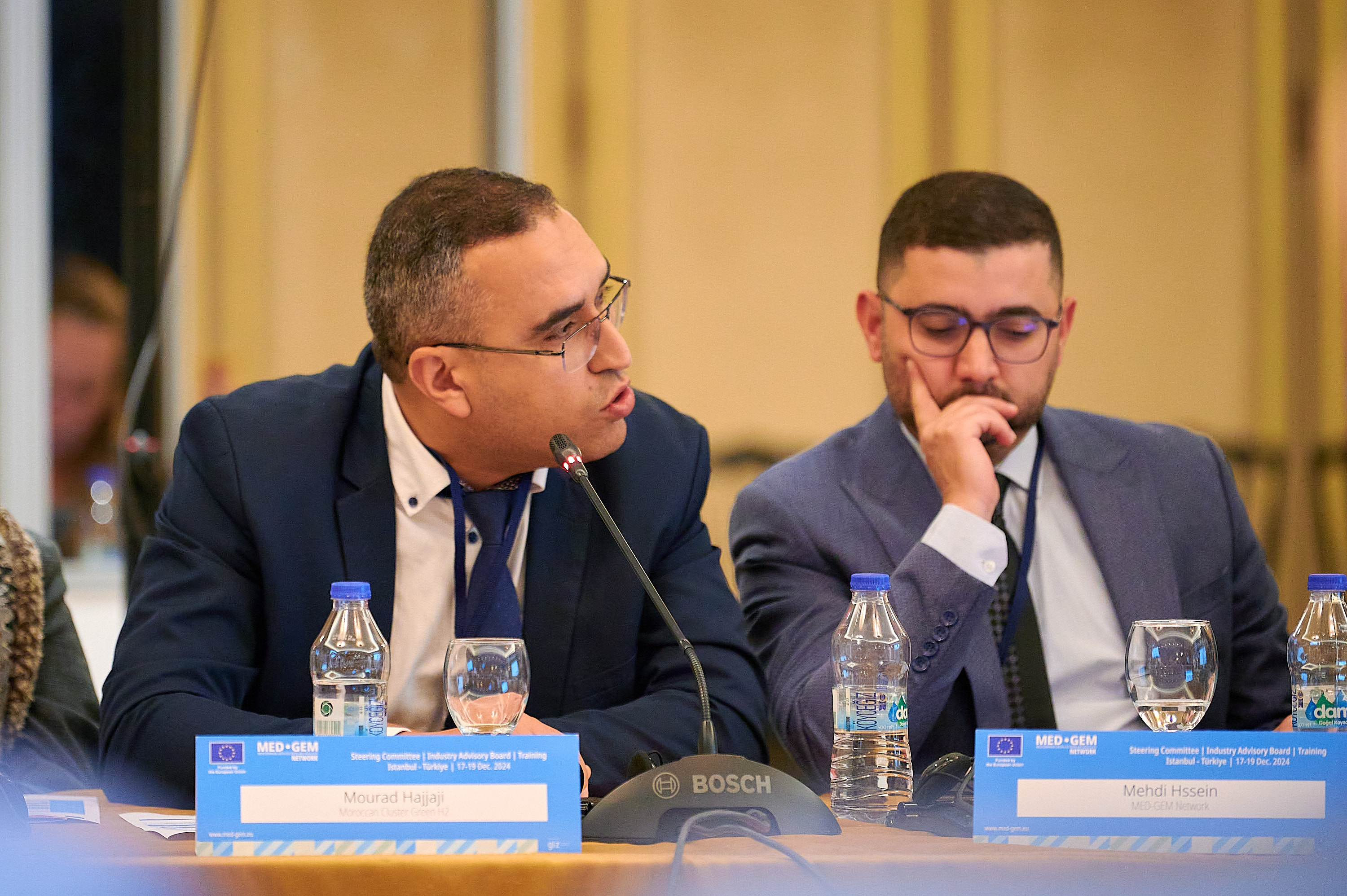
Morocco reaffirmed its commitment to becoming a global player in green hydrogen. With renewable energy already comprising 44% of its installed capacity, Morocco plans to expand production through partnerships and advanced infrastructure projects, such as energy corridors with Spain. The government is prioritising certification frameworks and regulatory clarity to meet European market demands. Morocco’s Green Hydrogen Roadmap aims to attract investment, develop local industries, and strengthen its position as a key supplier of green hydrogen and synthetic fuels.
Palestine: Overcoming Challenges for a Green Energy Future
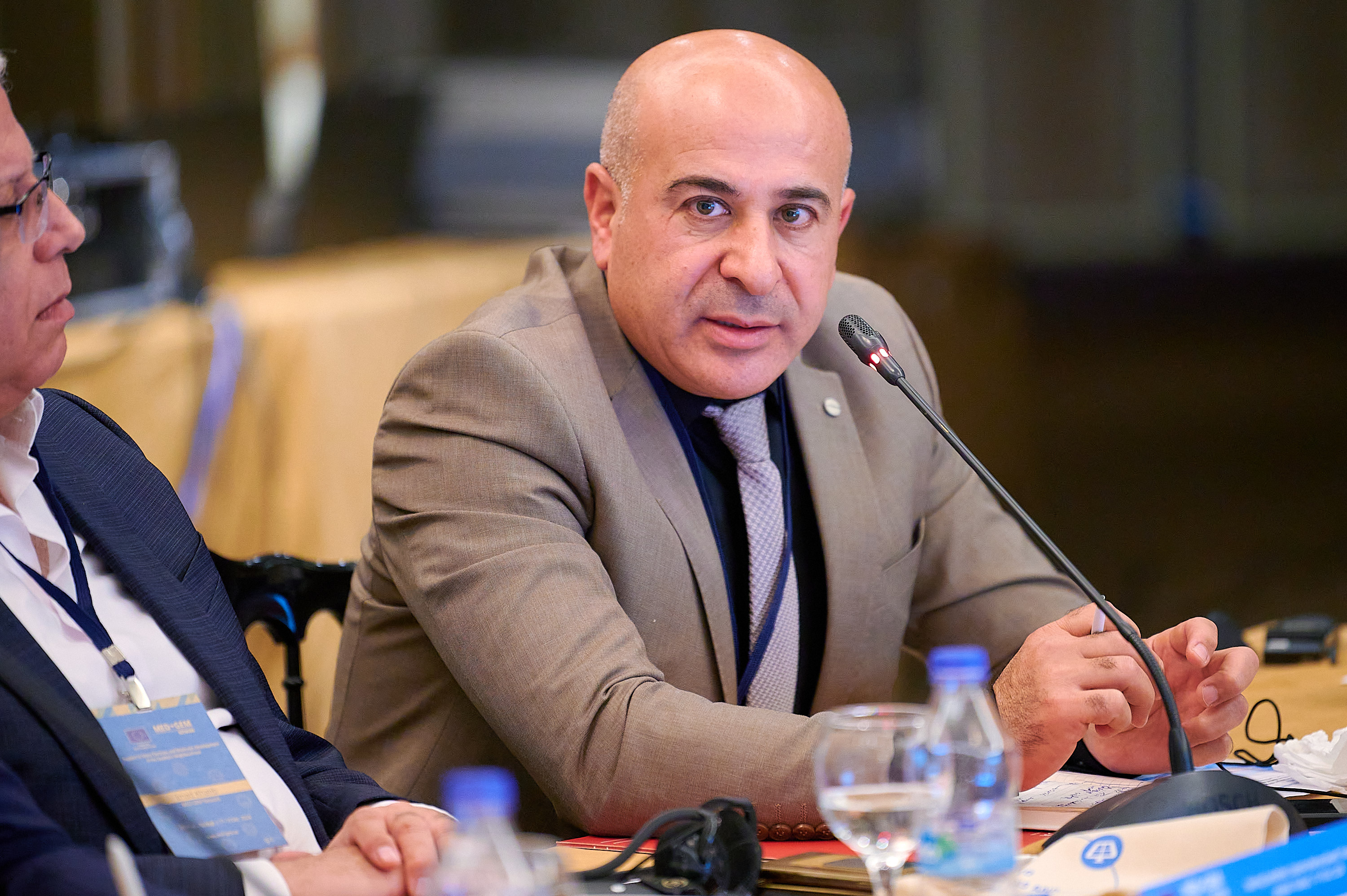
Despite ongoing challenges, Palestine remains committed to advancing its renewable energy targets. The government has announced key initiatives, including public-private partnerships and large-scale projects for refugee camps, to meet its 2030 goal of 1,000 MW from renewables. Efforts to integrate green hydrogen into Palestine’s energy strategy are underway, with plans to conduct a market study and develop a comprehensive roadmap in the next six months. Universities and public institutions are also playing a vital role in building capacity and raising awareness for the hydrogen economy.
Tunisia: Green Hydrogen as a Gateway to Europe
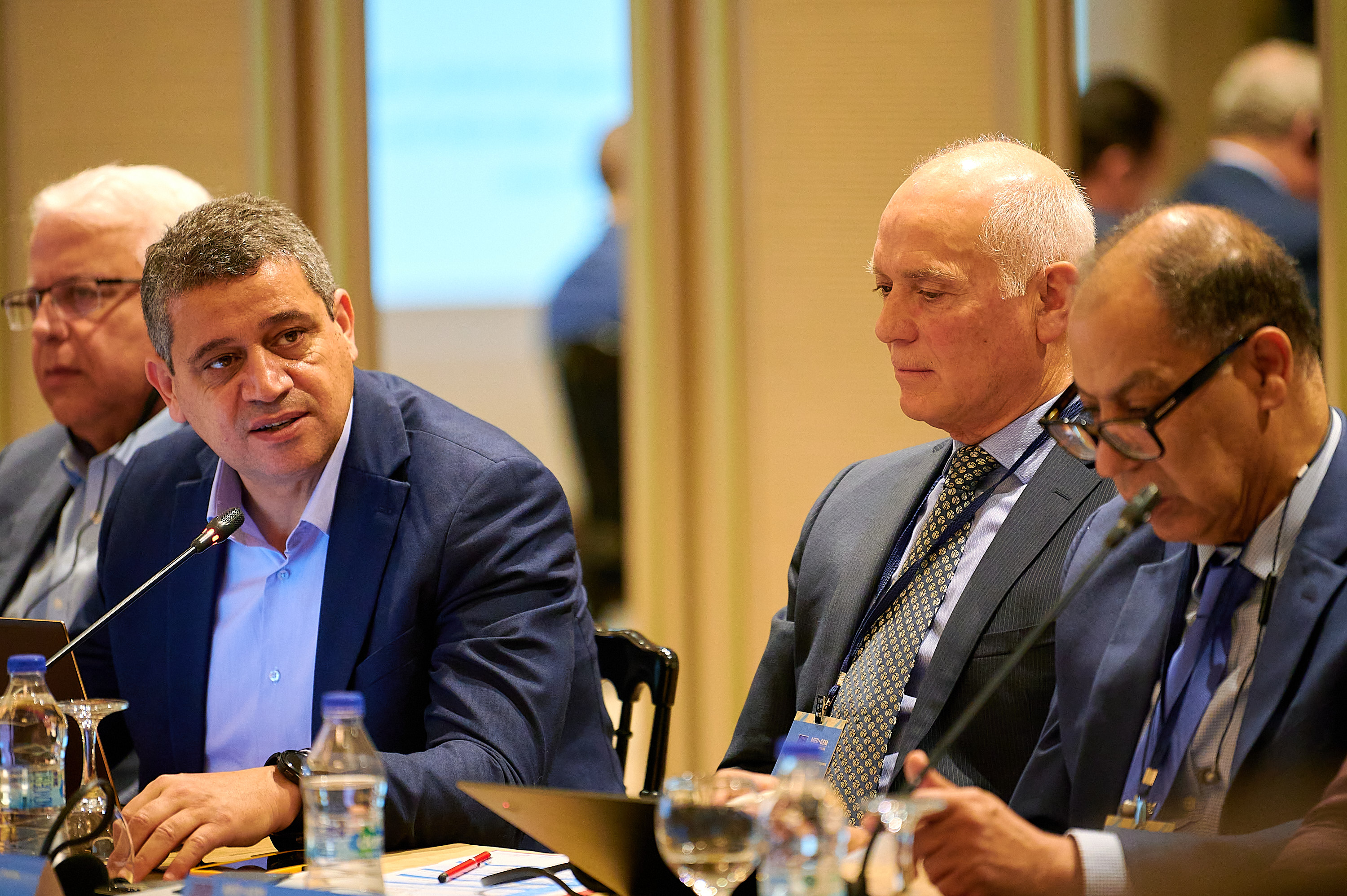
Tunisia outlined its ambitious plans to become a key hydrogen exporter to Europe, leveraging its geographic proximity and renewable energy potential. A joint declaration involving Germany, Austria, Italy, Tunisia, and Algeria is expected to be signed soon to establish a regional hydrogen transport infrastructure. Efforts are also underway to address water scarcity by integrating tertiary wastewater treatment into hydrogen production processes. Tunisia aims to produce up to 5 million tonnes of green hydrogen by 2050, supported by advanced GIS tools and partnerships with leading European institutions.
Israel: Innovation and Desire for Regional Connectivity
Israel shared its progress on hydrogen infrastructure, including its first hydrogen fuelling station and plans for developing hydrogen valleys. The National Hydrogen Forum is actively engaging stakeholders to draft a comprehensive roadmap by 2025. Israel emphasized the importance of regional partnerships and learning from successful international models. By aligning regulatory and safety standards with global best practices, Israel aims to become a leader in hydrogen innovation and connectivity.
Key Themes from Discussions
Infrastructure and Certification
Milou Beerepoot highlighted progress on regional certification studies, including pilots in Jordan. She stressed the need for harmonised regulatory frameworks, adding, “Certification is not just about export readiness; it’s about building trust in green hydrogen as a sustainable energy source.”
Skills Development and Education
Reem Irany and Hadi Abou Moussa from Lebanon emphasised the importance of capacity building, stating, “We need to integrate green hydrogen into academic curricula and create training programs to bridge the skills gap.” This was echoed by several countries, with calls for regional centers of excellence.
Ports as Strategic Hubs
The role of ports in hydrogen ecosystems emerged as a recurring theme. Inspired by the Port of Rotterdam, participants discussed leveraging Mediterranean ports for production, storage, and export.
Local Value Creation
Countries underscored the importance of local manufacturing and job creation. Tunisia and Morocco shared plans to develop regional supply chains for hydrogen technologies, while Palestine highlighted initiatives to integrate refugee camps into renewable energy projects.
Next Steps: Turning Ambition into Action
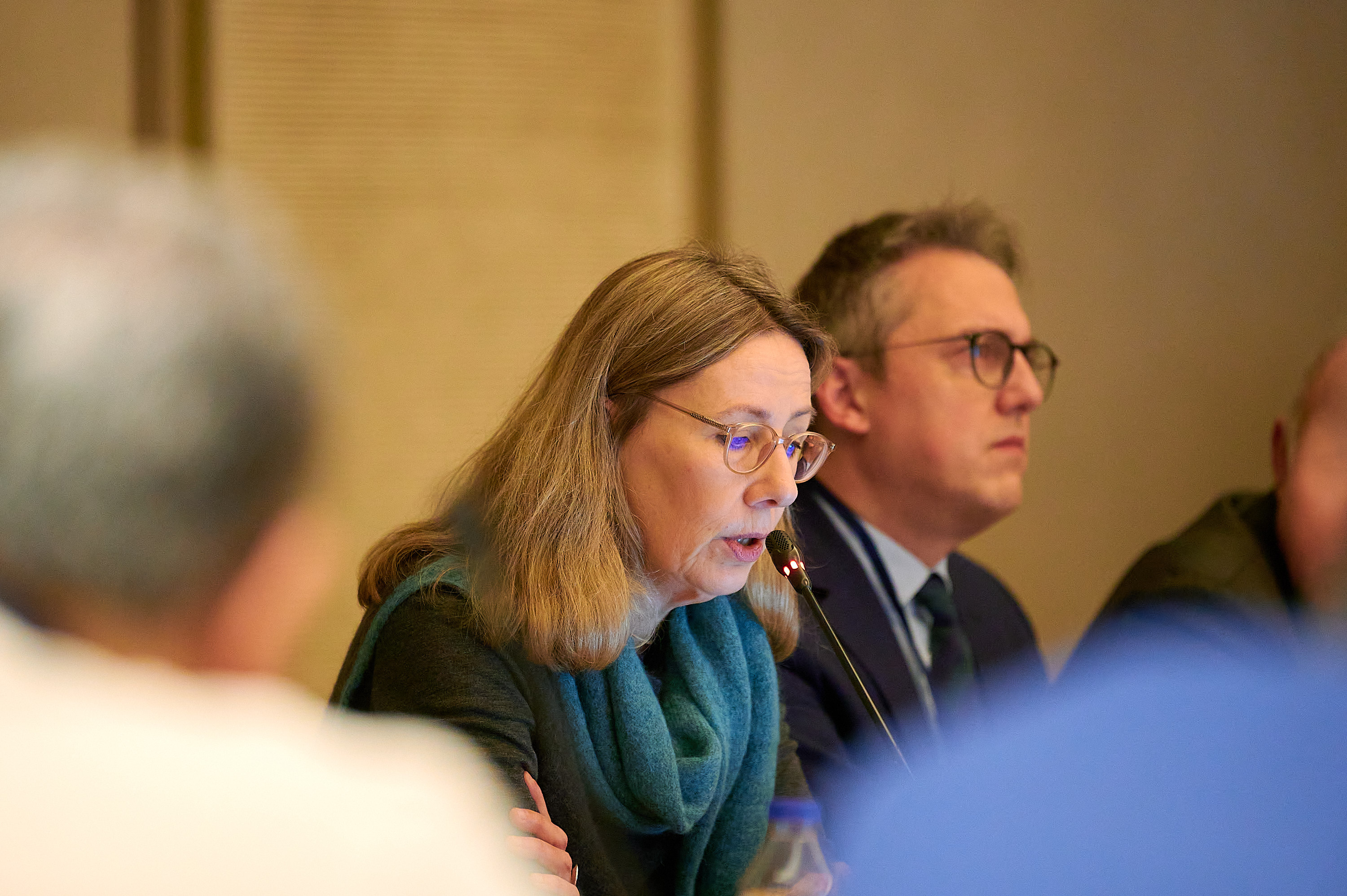
In her closing remarks, Milou Beerepoot, Programme Manager Regional Energy Programmes Neighbourhood South · European Commission, emphasized the need to maintain the network’s pioneering role in the green hydrogen transition. “The MED-GEM Network is not just a platform for discussions but a driver of tangible progress. With the Mediterranean Pact and EU initiatives like CBAM and hydrogen certification, we have a unique opportunity to position this region as a leader in the global hydrogen economy,” she stated. Milou called for a stronger focus on regional synergies, highlighting the success of certification pilots and the need to integrate education, job creation, and clean tech manufacturing into the broader strategy. Milou underscored the pivotal role the next six months will play in refining ideas and translating ambition into action. She highlighted collaboration and innovation as the driving forces behind a sustainable future, urging stakeholders to seize the moment.
The meeting culminated in concrete recommendations, emphasising the need for immediate, high-impact initiatives. The MED-GEM Network’s unique position was also spotlighted as a critical tool for fostering regional collaboration, aligning strategies, and optimising shared resources to accelerate progress across the Mediterranean.
Want to see more?
- 🏞️ Flickr Album
Want to hear more?
- 🎙️Podcast “The new Mediterranean Pact : Green Hydrogen, Innovation, and Regional Cooperation”
In this exclusive MED-GEM Network podcast, Frank Wouters sits down with Giulio Gentile (European Commission, DG NEAR) and Milou Beerepoot to discuss the next chapter in the Mediterranean’s green hydrogen revolution and highlights:
🔹 The Mediterranean Pact—a new EU vision for energy and climate cooperation.
🔹 Hydrogen Certification Pilots—insights from Morocco’s groundbreaking project and what it means for global adoption.
🔹 Regional Partnerships & Clean Tech Innovation—how countries can scale up policies, financing, and infrastructure for a sustainable energy transition.
🔹 Lessons for the World—what Latin America and Asia are learning from the MED-GEM model.
- Podcast 🎙️"Lebanon’s Hydrogen Revolution: From Strategy to Action!"
In this exclusive MED-GEM Network podcast, Toufic Rizkallah, Network coordinator, sits down with Senior Energy Engineers : Hadi Abou Moussa (Lebanese Centre for Energy Conservation (LCEC) and Reem Irany (Country Correspondent) to dive into Lebanon’s bold steps toward :
🔹 Lebanon’s Hydrogen Roadmap—insights into its potential, production strategies, and local use for electricity, industry, and green ammonia exports.
🔹 Overcoming Challenges—tackling infrastructure gaps, financing hurdles, and skills development to scale up hydrogen projects.
🔹 Hackathon Success Stories—how young talents are driving innovation, and the winning project focused on green hydrogen valleys to decarbonize industries.
🔹 Global Connections—student winners visited Germany’s Friedrich Alexander University, gaining expertise in hydrogen storage, transport, and fuel cells.

